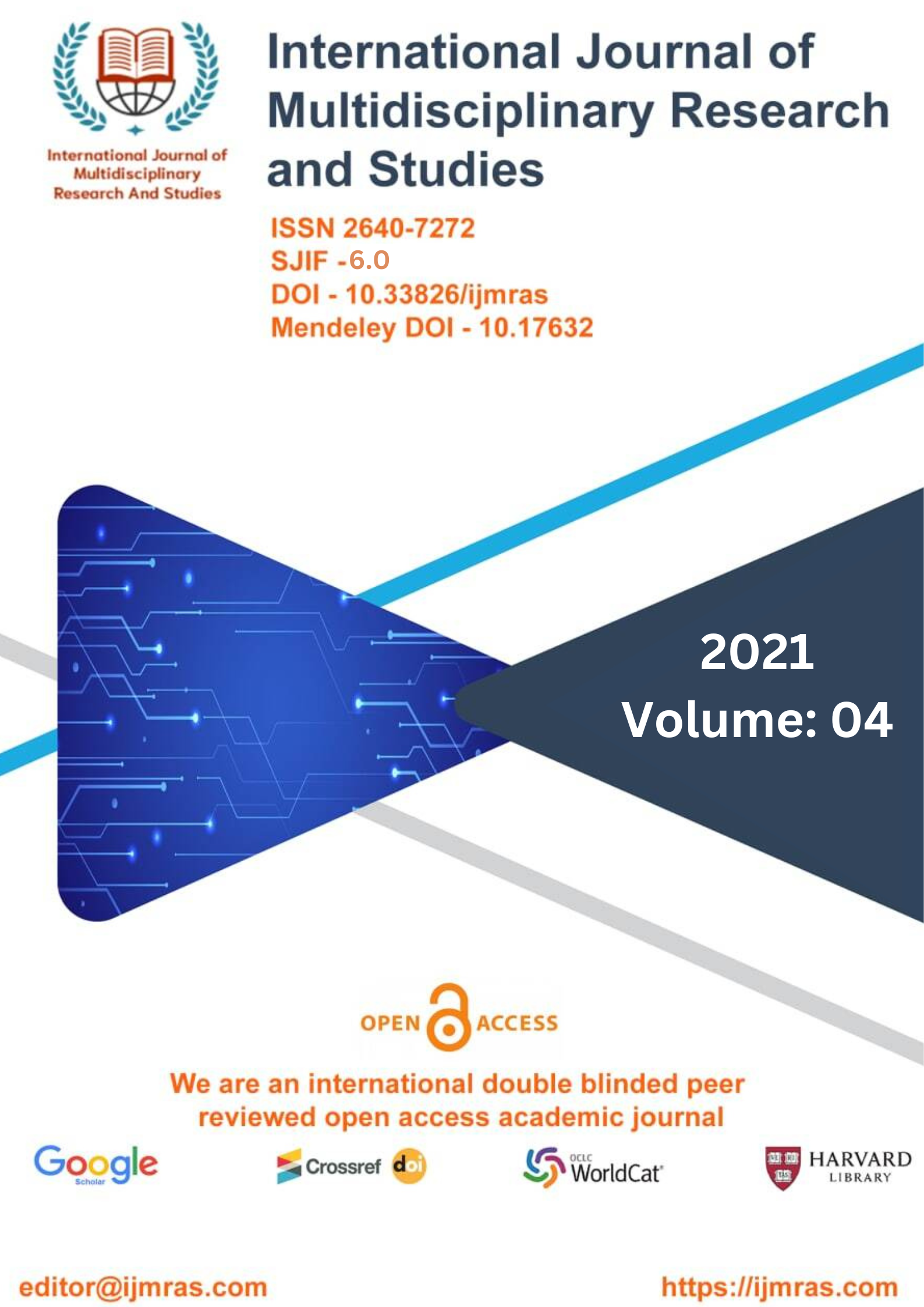Study on marathwada davisgender and identity

Abstract
Feminism has historically been and will continue to be seen as a movement in its own right, on par with any other movement, whether it socially or physically. Sometimes it obtains a place in literature among all the other theories that take a less emotional approach to the subject matter. The concept of feminism has been passed down to us or has developed through time as a theory, but the majority of women, who make up a marginalized part of society, have changed very little over the course of the years. We are still engaged in the age-old conflict of repression and suppression; we are still subjected to the same mental and physical humiliation; we are still required to endure the same pain just because we were born female. The struggles and the shame that come along with being humiliated as a woman are timeless. There does not seem to be any way out of the mental and physical abuse that women are subjected to in today's culture. In her writings, Mahasweta Devi elucidates the challenges that women face and the suffering that they go through as a result of living in a society that is controlled by males. In her writings, she has addressed the predicament of women and their inferior status in society. Her writing has little to do with the small daily quirks of the affluent, and she avoids the unneeded or unnecessary. Her avoidance of the needless or unnecessary is reflected in her writing. Her writing is factual and without of hyperbole, thus there is no room for sentimentality in her portrayal of the predicament of women who are most severely and directly impacted by patriarchy. Her protagonists come from lower-class socioeconomic backgrounds, and they are believable, multifaceted, and completely fleshed-out individuals.
Keywords
Identity, Feminism, Believable,, MultifacetedHow to Cite
References
Jaidev. “Not By Law Alone: Douloti as a National Allegory.” WRITING BLACK WRITING DALIT: Essays in Black African and Dalit Indian Writings. Ed. Harish Narang. Shimla: IIAS, 2002. 52, Print.
Karla, Arya. “The Case of Mary‟s identity as a reversal by gender roles in Devi Mahasweta‟s „The Hunt.‟” RevistaCommunicacion 19. 31. 2 (2010): 55. Print.
Singh, Madhu. “Crossing Threshold: Radical Notes on Women‟s Writing from Contemporary South Asia.” JPCS 2. 4 (2011). Web. 2 May 2012.
Soumen, Jana. “The Problematic of Dalit Space in Sarat Chandra Chattopadhyaya‟s „Mahesh‟ and MahaswetaDevi‟s „Shikar.‟” The Criterion: An International Journal in English. Ed. Vishwanath Bite. 4.VI (2013): 102, 103. Print.
Stanadayini. Breast-Giver (1987). Translated by Gayatri Chakravorty Spivak. Subalten Studies V. Delhi : Oxford University Press.
In the Name of the Mother, Trans. Radha Charavarty. Calcutta: Seagull Books, 2011.
Telling History, Chotti Munda and his Arrow xi.
The Hunt: Imaginary Maps, trans. Gayatri Chakravorty Spivak. Calcutta: thema, 2001
Rakasi, Kora, Tans. S.Sitaram, “Mahasweta Devi Forward‟ Hyderabad: Hyderabad book trust, (1982)
Sarmistha Dutta Gupta. “Out cast”. Trans. Calcutta – Seagull, 2002-Print.
“Indian Literature: Position and proposition”. New Delhi Pencraft Internationd, 1999. Print.
Todd, Janet. “Feminist Literary studies: An Introduction”. Cambridge Univ. Press, 1984 Print.
Bhattacharya, Gargi, “Sexuality and society: An Introduction”. London: Rout ledge, 2002. Print.
Gramsci, Antonio. (1971). “Selections from the Prison Notebooks of Antonio Gramsci.” International Publishers. New York.
Naomi Wolf. (2002). “The Beauty Myth: How Images of Beauty are used Against Women.” 1990, Chatto and Windus. Harper Perennial.
Chattopadhyay, Debasish . “Frames of Marginalisation in Mahasweta Devi’s Outcast: Four Stories”, 2008. Web
Devi, Mahasweta. “Draupadi”, Trans. Gayatri Chakravorty Spivak), In Other Worlds. New York, Methuen, 1987: pp. 179-196.
License
Copyright (c) 2021 MD. EHSHAM

This work is licensed under a Creative Commons Attribution 4.0 International License.
Individual articles are published Open Access under the Creative Commons Licence: CC-BY 4.0.




